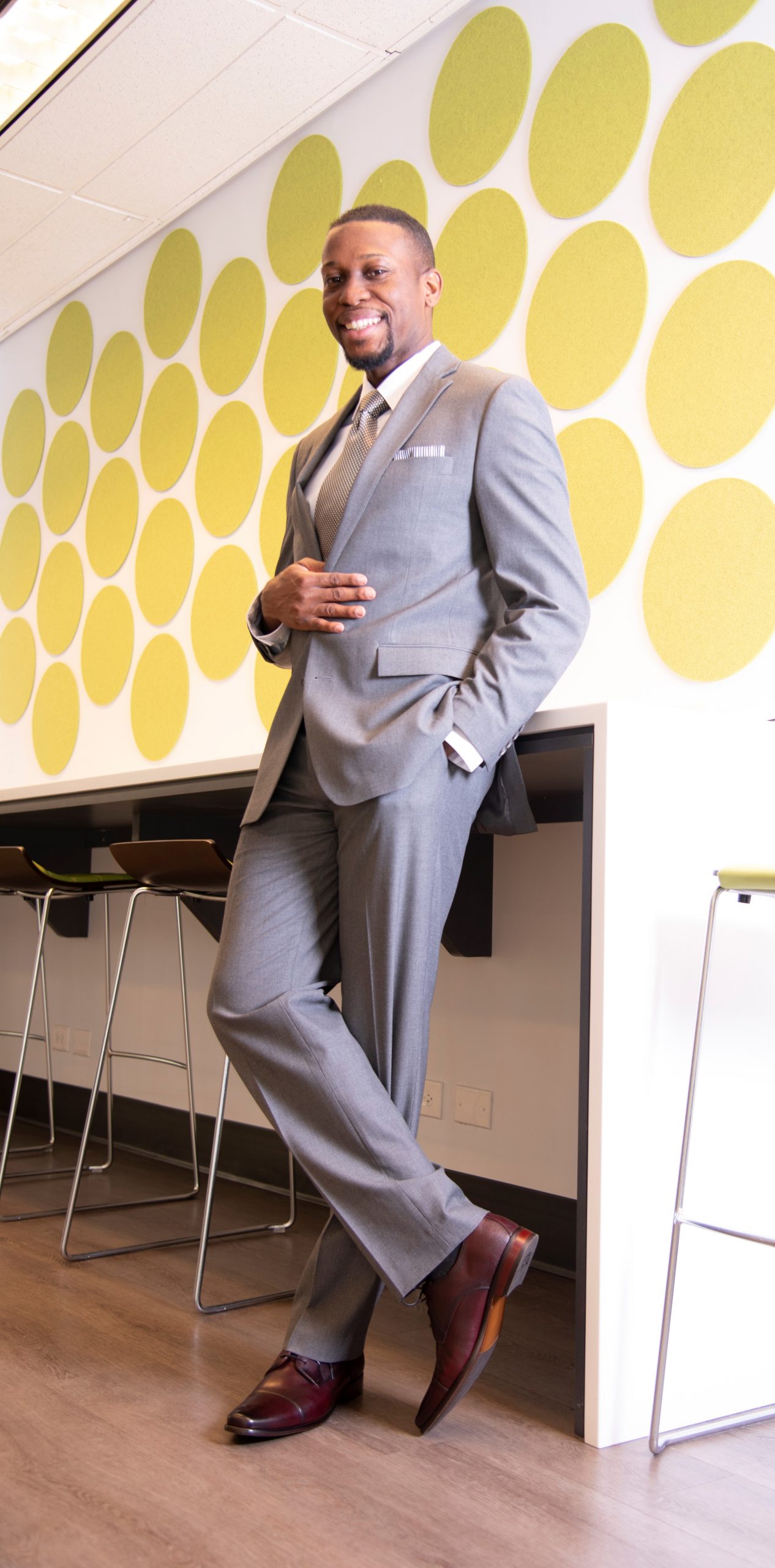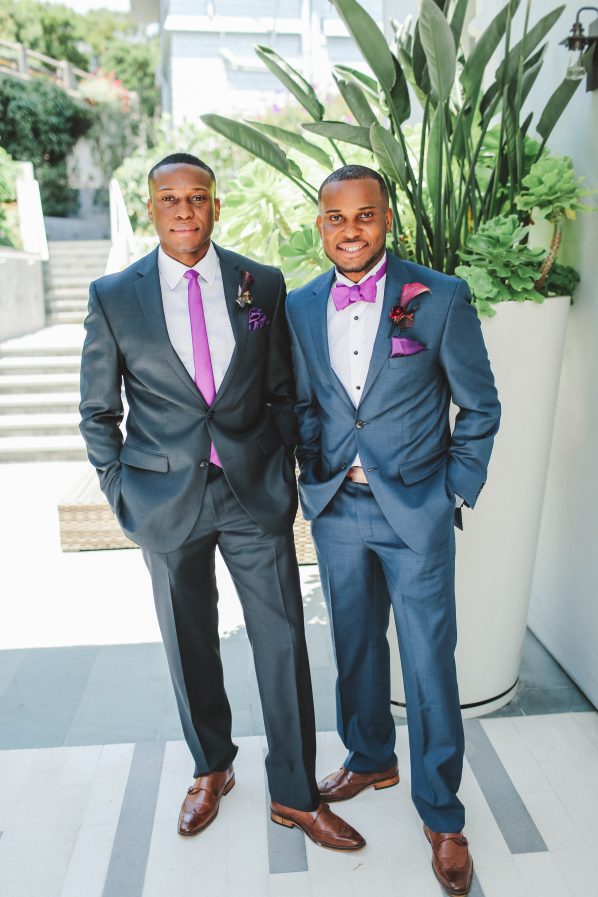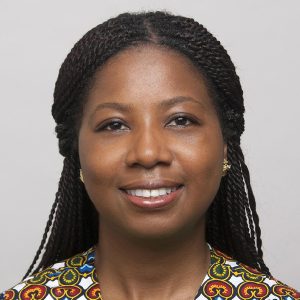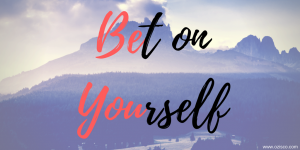Two years ago, Chuki Obiyo, a graduate of Northwestern Law School, launched Chuki Law. This premier consulting firm creates concepts, strategies, and techniques to help lawyers at all levels sell more effectively. According to Chuki, lawyers help clients create value, protect rights, and promote justice. For lawyers to effectively achieve this, they have to sell advice. Selling advice effectively requires treating business development as a discipline. Drawing from his consultation with his clients, we explore the core business development skills he is advising his clients to develop during this quasi quarantine period and even post this period. The skills he recommends are active listening, goal setting, and daily routine execution. As you read, focus on how the skills and case studies are transferable in your field and industry.

Active listening, where the objective is empathy.
One of the strategies to get to an optimal state of empathy is to ask questions. With each question, additional data is surfaced, leading to a deeper understanding of the other person’s feelings and motivators. The following example illustrates the importance of mastering this skill:
Chuki engaged with a small law firm that received a request for proposal (RFP) from a dream prospect. After some preliminary research, this law firm discovered larger firms and other more experienced practitioners were also competing for the same business. Historically, this small law firm lost similar RFP’s and questioned whether to submit a response. The firm envisaged a mindset of “we never win these, so why bother,” concluding it wasn’t worth the time and effort.
To help reshape the law firm’s frame of reference, Chuki conducted a brainstorming exercise centered around generating questions only the dream prospect could answer. The goal was to come up with questions free of assumptions and seek a deep understanding of the prospect’s motivators. Next, the small law firm prioritized the list of questions and requested a meeting. In the appointment, his client went through the list of questions, not as leading questions, but to listen actively as the prospect breaks down the answer to each question. In reviewing notes after the meeting, what jumped out to them was illuminating. The prospect wasn’t so interested in the law firm’s size that would win this work. It was most interested in seeking a firm with a particular subject matter expertise. This information came to light due to the law firm’s ability to ask the right questions, listen, and seek understanding. As you can imagine, the small law firm emphasized its top-tier subject matter expertise in the RFP submitted.
The small law firm ended up winning the RFP. A few weeks after advancing the relationship, the firm had a feedback loop with the prospect and solicited some commentary on why they won. The happy client shared that the firm was selected because they felt heard. In summary, the small law firm emanated empathy by actively listening which led to winning over a prospect that became one of its top billing clients.
Goal setting, where the objective is authenticity.
One of the strategies to attain authenticity is to put pen to paper and write—the process of writing things down forces a clarity of thought and commitment. The example below illustrates this skill in action:
An attorney at a law firm had spent eight-plus years as an associate and was now eager to become a partner. After about seven years, attorneys are usually put on a path to become a partner in that firm. This attorney had multiple internal meetings and learned he was not on the way to becoming a partner, not even in the next three to four years.
He received the harsh truth that his business development was non-existent. He countered by pointing to all the great work he was doing for the firm’s existing clients but discovered new client origination mattered more to the firm.
Chuki worked with this attorney to write down goals around professional and business development. By asking simple questions such as: Can you expand your LinkedIn connections from X to 2X? After you get those connections, can we set a goal to reach out to two of those connections a week? And if they accept a meeting, how can we shape the conversation to deliver value and begin a sales conversation?
By writing these goals down, this attorney could clarify what he needed to do, how he needed to do it, and when he needed to do it. He has identified potential new business through his efforts and positioned himself as a burgeoning rainmaker. The simple act of writing goals down has changed his narrative and opened the door for more advanced conversations to become a partner at the firm. He has also built a healthy pipeline of opportunities that is giving him visibility amongst the senior partners at the law firm.

Daily routine execution, where the objective is accountability.
Success is in our daily routine, and lawyers are no strangers to a regimen. Lawyers review contracts, draft briefs and analyze memos. The recommended strategy is breaking down goals into daily activities and applying the same appreciation for routine to ensure sustained success. The example below provides additional context:
Chuki engaged with a black female attorney dealing with recent struggles to progress some of her professional and business development goals. This attorney had experienced success early and would consider herself a good business developer. However, lately, she felt she was a hamster on a wheel, moving but going nowhere.
The first activity Chuki suggested was to do a time spend analysis to understand where she was spending her time. They found that in the past, she relied on massive speaking engagements to uncover new business. However, with the pandemic, these opportunities had fizzled out.
They brainstormed activities she could do consistently related to business development. She settled on blocking out 30 minutes every Friday to send a “Have a nice weekend” email to a prospective client and existing client. The response she received from this email campaign was inspiring, so she decided to make it a daily activity at the end of her day. By being selective of the existing and prospective client, she is much more thoughtful and contextual for the email recipient. The results have reinvigorated her, expanded her network, and kickstarted conversations to become a general counsel for a corporation.
Bonus: Promote certainty, where the objective is reliability.
Living in a pandemic environment, people are looking for opportunities to add some level of certainty into their day.
One example is relationship certainty. Several decision-makers are not in a hurry to change their current vendors or partners. However, this shouldn’t mean the incumbent should be complacent. If there are activities you’ve done or completed within a defined timeline, stick to that timeline. If there are reports you’ve provided in the past, keep providing these reports consistently.
Another example is cost certainty since this period may not be a good time to raise prices as numerous industries are still recovering. Executives are looking to cut costs so they can be more efficient and lean. Partnering with clients to find opportunities to reduce costs could be a significant advantage as the client’s business picks back up.
Promoting certainty paves the way to achieve reliability with clients. When clients can count on you, you can count on them giving their business to you.
In summary, the consistent practice of active listening, goal setting, daily routine execution, and promoting certainty are mechanisms anyone could apply in their field or industry. Often, what separates ordinary from extraordinary is the “extra” we put into doing the everyday things.
Godspeed selling!
PS: You can connect with Chuki on LinkedIn and subscribe to his LinkedIn page for regular business development tips.



